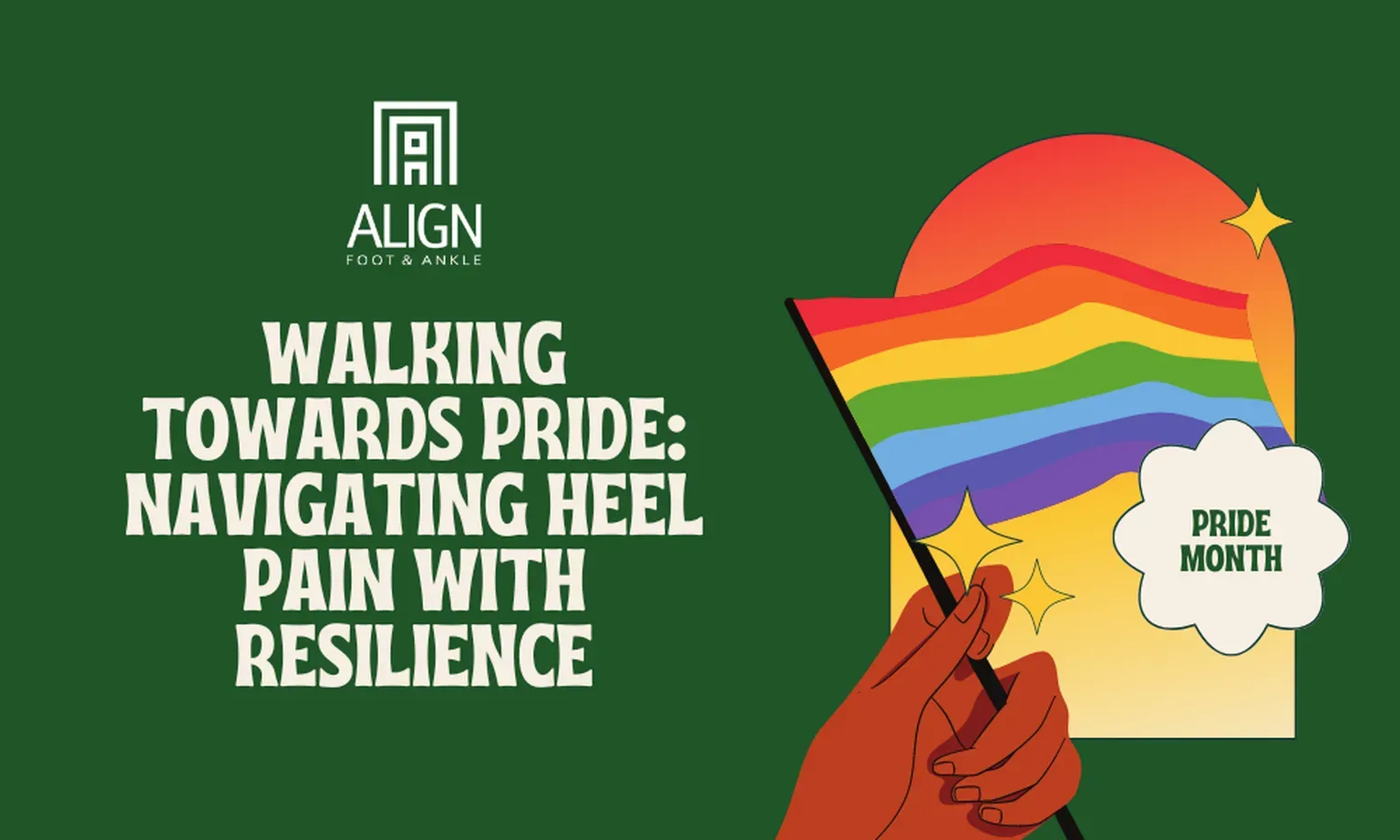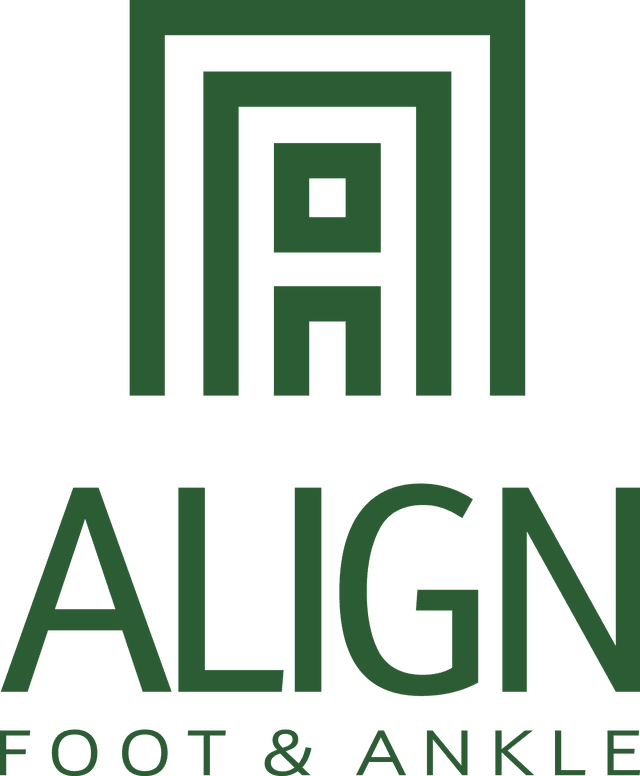WALKING TOWARDS PRIDE: NAVIGATING HEEL PAIN WITH RESILIENCE
AS WE EMBRACE THE COLORFUL AND EMPOWERING MONTH OF PRIDE, IT’S ESSENTIAL TO ADDRESS THE DIVERSE CHALLENGES THAT INDIVIDUALS MAY FACE WHILE WALKING THEIR JOURNEY. ONE SUCH CHALLENGE, QUITE LITERALLY, IS HEEL PAIN.
As we embrace the colorful and empowering month of Pride, it’s essential to address the diverse challenges that individuals may face while walking their journey. One such challenge, quite literally, is heel pain. While it might seem unrelated, the parallels between persevering through heel pain and celebrating Pride are striking. Both require resilience, self-acceptance, and a supportive community. In this blog post, we’ll explore the world of heel pain and how we can draw inspiration from Pride to overcome the obstacles on our path to healing.
Understanding Heel Pain:
Heel pain is a common condition that can affect people of all ages, genders, and orientations. One of the most prevalent causes is plantar fasciitis, which occurs when the thick band of tissue connecting the heel bone to the toes becomes inflamed. Other factors contributing to heel pain include Achilles tendinitis, stress fractures, heel spurs, and even improper footwear choices.
Causes and Risk Factors:
Several factors can contribute to the development of heel pain. These may include:
- Overuse or repetitive stress on the foot, such as excessive running or jumping.
- Wearing improper footwear with insufficient arch support or cushioning.
- Being overweight or obese, which puts additional strain on the feet.
- Structural abnormalities, such as flat feet or high arches.
- Tight calf muscles or poor flexibility in the lower leg.
Treatment and Self-Care Strategies:
Fortunately, there are various approaches to manage and alleviate heel pain during PRIDE month. Here are some effective treatment options and self-care strategies to consider:
- Rest and Ice: Give your feet ample rest and apply ice packs to the affected area to reduce inflammation and pain.
- Supportive Footwear: Invest in well-fitting shoes with proper arch support, cushioning, and shock absorption. Consider custom orthotic inserts for added support.
- Stretching and Strengthening Exercises: Perform regular stretching exercises to loosen tight calf muscles and strengthen the foot and ankle muscles. At Align Foot & Ankle Clinic, we provide patients with stretching exercises to do daily to help loosen tight muscles.
- Physical Therapy: A physical therapist can provide targeted exercises, manual therapy, and other modalities to relieve pain and improve flexibility and strength.
- Medications: Over-the-counter pain relievers like nonsteroidal anti-inflammatory drugs (NSAIDs) can help manage pain and reduce inflammation. Consult with Dr. Ho-Ellsworth for appropriate usage.
- Footwear Modifications: If necessary, your healthcare provider may recommend custom orthotics or heel cups to redistribute pressure and support proper foot alignment.
- Corticosteroid Injections: In severe cases, your healthcare provider may suggest corticosteroid injections to reduce inflammation and alleviate pain. This is typically reserved for resistant cases.
- Laser Therapy: At Align Foot & Ankle Clinic, we offer Class IV laser therapy, a safe, painless option to relieve pain by reducing inflammation and promoting tissue healing.
When to Seek Medical Advice:
While self-care strategies can provide relief for many cases of heel pain, it’s important to consult a healthcare professional if:
- Your pain persists or worsens despite self-care efforts.
- You experience severe heel pain, swelling, or redness.
- Your daily activities are significantly limited due to heel pain.
- You have other medical conditions that may complicate the healing process.
Heel pain can be a distressing condition that impacts our mobility and quality of life. If you are worried about your heel pain, we are here to provide you with all the education and support you need so you can step back out pain-free! Schedule an appointment for an appointment with Dr. Thuy Ho-Ellsworth. Join our community today by contacting us at (512) 882-4911 or scheduling an appointment on our website.



